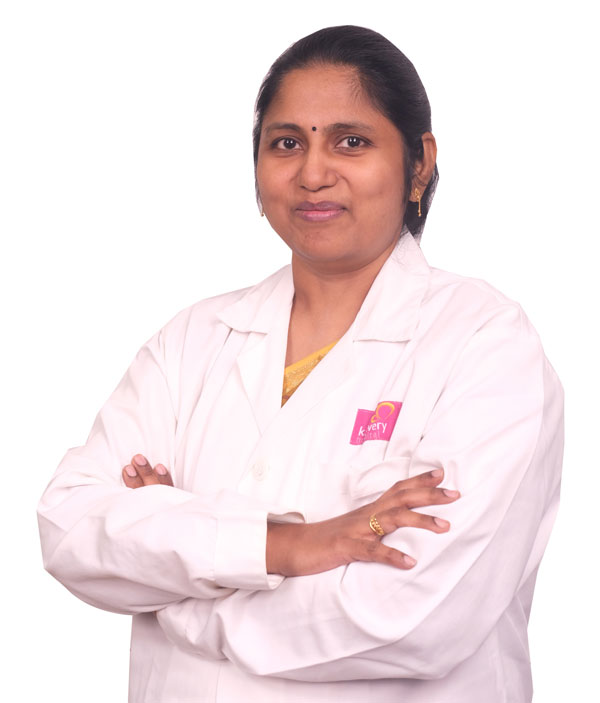What Is PMS and PMDD?
PMS, premenstrual syndrome, is a medical condition in which women of reproductive age group, experience physical and emotional changes like tender breasts, food cravings, fatiguability, anger, irritability and mood swings that recur in a predictable pattern, the week before menstruation.

It has become very common to acknowledge “mood swings” especially before the menstrual periods in women. A study has estimated that 3 out of 4 menstruating women experience some form of premenstrual syndrome. The severity of symptoms may vary from one individual to another.
PMDD, premenstrual dysphoric disorder, is a severe form of premenstrual syndrome. PMDD causes extreme mood swings that disrupt both personal and work life.
Despite the severity, the symptoms usually subside within four days of menstruation.
Neurobiology Behind:
Women normally experience fluctuations in hormones with each menstrual cycle. Each menstrual cycle has two phases:
1) The follicular phase – 1 to 14 days (ends with ovulation)
Estrogen levels gradually increase during this phase and reach their peak at ovulation.
2) The luteal phase – 14 to 28 days (ends with menstruation)
Progesterone levels begin to increase gradually after ovulation and estrogen levels fluctuate.
Women who are more sensitive to these fluctuations present with PMS during the late luteal phase of each menstrual cycle. These hormones may affect mood by exerting their effects on serotonin transmission. Allopregnanolone (ALLO) is a metabolite of progesterone and has anxiolytic properties because of strong agonist activity of GABA -A receptor. Studies suggest that fluctuations in ALLO levels is an important reason for premenstrual dysphoric symptoms.
Symptoms of PMS:
-
Mood Symptoms
- Feeling sad, worthless
- Mood swings
- Increased irritability and anger
- Feeling anxious and restless
-
Behavioral Symptoms
- Lack of energy
- Lack of interest in normal activities
- Impaired concentration
- Either overeating or not eating
- Changes in sleep pattern, either excessive sleep or sleepless
- Feeling out of control
-
Somatic Symptoms
- Breast fullness or tenderness
- Joint pain
- Muscle ache
- A sensation of bloating
- Weight gain
- Frequent headaches
How to Assess PMDD?
Usually, self-diagnosed based on their own observations. It is always better to consult your gynecologist and psychiatrist before starting any treatment for PMS. Many scaling systems are available for making a diagnosis of PMS. Few of them are:
- Premenstrual Symptom Screening Tool (PSST)
- Calendar of Premenstrual Experiences (COPE)
- Visual Analogue Scale (VAS)
- Daily Record of Severity of Problems (DRSP)
- Patient Reported Outcomes Measurement Information System (PROMIS)
Other common health issues like anaemia and thyroid dysfunction have to be ruled out. Also, co-morbid common psychiatric illnesses like depressive episode and anxiety disorder have to be addressed.
Risk Factors:
There is no proven etiology for PMS, yet few risk factors were identified.
- There is a strong linear relationship of obesity with PMS. Higher the baseline BMI, more the risk of developing PMDD.
- Traumatic life experiences and pre-existing anxiety disorder are often associated with PMS.
- Smoking cigarettes will increase the risk of PMDD.
- Variations in the genes that code for serotonergic 5HT1A receptors and allelic variants of the estrogen receptor alpha gene (ESR1) are involved in PMS.
Treatment:
- Exercise
- Dietary modifications – more intake of complex carbohydrates and proteins, taking adequate calcium and vitamin B6.
- Antidepressants – SSRI prescribed either on a regular basis or only during late luteal phase of each menstrual cycle.
- Benzodiazepines especially in females with anxiety disorder associated with PMS.
- Stress management strategies like breathing exercise, relaxation techniques, meditation and yoga.

Dr. Kurinji G R,
Consultant – Behavioural Science,
Kauvery Hospital Chennai

